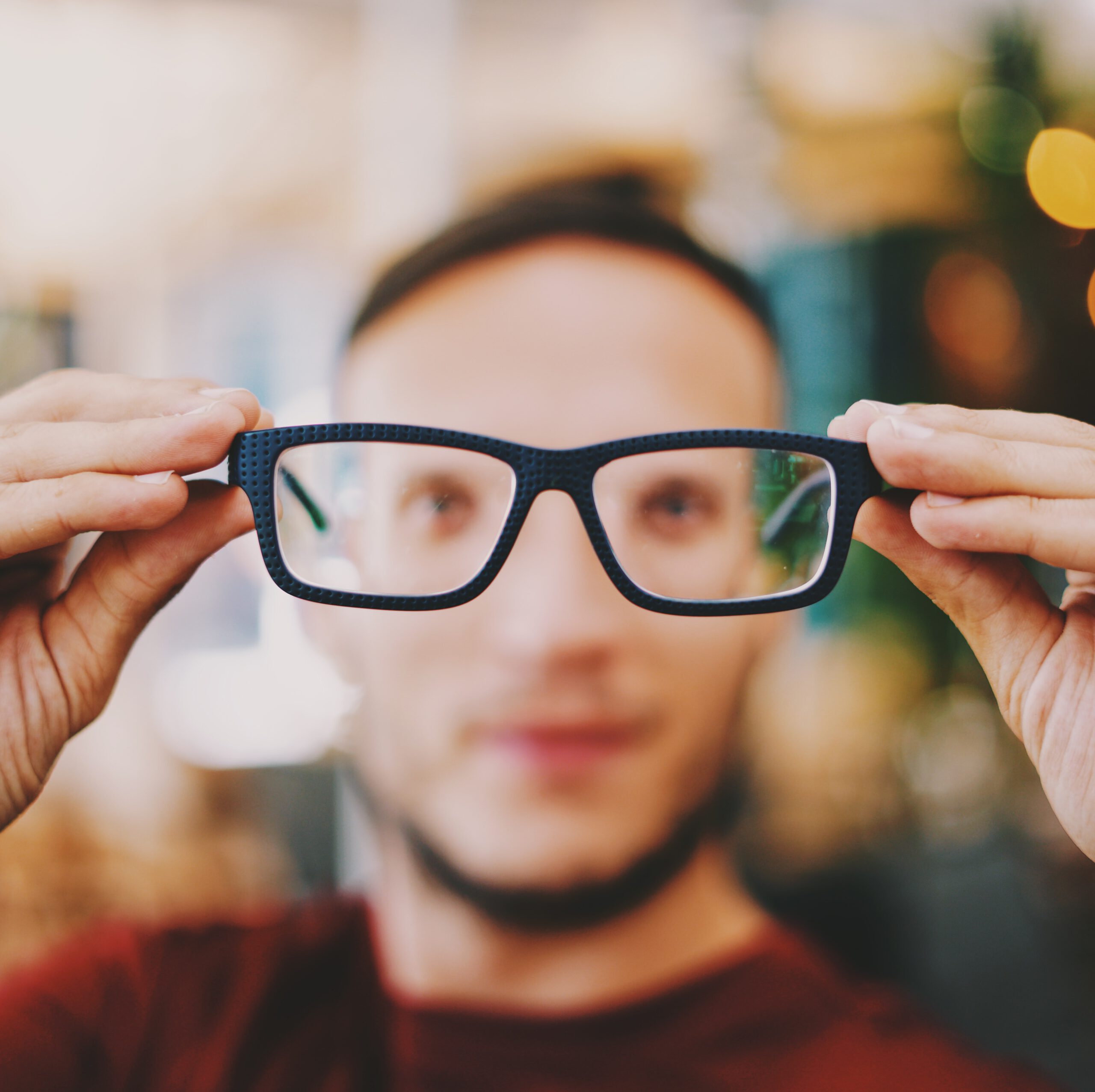Eye Health: Why Is It So Important?
Many of us think about things like diet and exercise when we are trying to improve our health and well-being. Some of us may even consider getting more sleep, reducing stress or becoming more spiritual. All good areas to focus on. However, often times our eye health is not high on the list of priorities when it comes to taking good care of ourselves as a whole.
Why is this the case? Imagine going through the day without your sight. It would be nearly impossible to do everyday activities like make breakfast, pick out an outfit, or read this article. Unless vision loss affects you personally or someone you know, it’s usually not something we consider—but it should be.
- Eye Health: Genetics Play a Big Role
- Ophthalmologist or Optometrist?
- Is the Equipment Up to Date?
- Common Diseases of the Eyes
- Get Your Eyes Checked Annually
- Foods For Eye Health
Eye Health: Genetics Play a Big Role

Personally, I was dealt a lousy hand when it comes to having good, healthy vision. Glaucoma runs in my family. it is a disease that causes damage to the eye’s optic nerve. Consequently, it can result in vision loss if it goes undetected. It occurs when normal fluid pressure inside the eye slowly rises, causing damage to the optic nerve. By the way, this is how the famous singer Ray Charles lost his sight. It is a condition I was recently diagnosed with, and so I keep it top of mind.
There is a strong genetic link to developing this disease. For me, pretty much everyone in my family on both sides has developed Glaucoma, typically in their thirties or forties. Arm yourself with this information. The only way to detect the disease is through annual eye exams. If detected, it can be easily managed through medication, but the key is early detection. I know I had a strong family history of the disease. So, I am always diligent about getting my eyes checked.
Ophthalmologist or Optometrist?
I strongly advise anyone that has the option to seek out a reputable ophthalmologist instead of an optometrist. An ophthalmologist is a highly-trained, qualified medical doctor. He or she can deliver total eye care. By contrast, optometrists are not medical doctors and have not attended medical school. I’m not saying they are not qualified. Rather, I just prefer a medical doctor to take care of my vision, due to my family’s history.
Is the Equipment Up to Date?
Make sure your facility is using the latest technology and equipment to test your vision. This will ensure that you get the most accurate assessment. A litmus test is whether your eye care facility is still performing the outdated air puff test to check for Glaucoma. If this is the case, then it might be time to research other facilities. They should also take the thickness of your cornea into account, to get a true picture of your risk for the disease. A good reputable doctor will do this and can watch for trends based on your personal history.
Common Diseases of the Eyes
There are many other issues that can affect your eye health. These include refraction errors, which can be corrected with glasses, contacts, or even surgery. Age-related macular degeneration results in damaging your central vision. This disease can really interfere with common everyday tasks such as reading or driving. (Lucky me; this runs in my family as well.)
However, the leading cause of blindness worldwide and in the United States is cataracts. This condition causes cloudy vision and can happen at any age, even at birth. Thankfully, removal of the cataract is a widely available procedure with a high success rate. In addition, diabetic retinopathy is on the rise thanks to the high prevalence of diabetes and this being a common complication of the disease. Diabetes can cause damage to the blood vessels anywhere in the body, including the retina of the eye. Sadly, blindness can be the end result.
Get Your Eyes Checked Annually
So, what can you do proactively to help protect your eyes and prevent any of these conditions from developing? Unfortunately, you cannot change your genetics, but you can control how you care for your eyes and focus on habits that help support good eye health. The first line of defense is most certainly having an annual comprehensive dilated eye exam. Many conditions have no warning signs and can only be detected by a trained professional.
Foods For Eye Health
Consume foods that help protect the eyes from damage due to their antioxidant properties. These foods include things like lutein and zeaxanthin. Example foods include carrots, orange peppers, dark green leafy vegetables, eggs, nuts. Also look for foods high in omega-3 fatty acids, such as salmon, tuna, and halibut. In addition, maintaining a healthy weight, keeping blood pressure under control, wearing protective eyewear, and giving your eyes a rest from screens every 20 minutes will do wonders.
Vision care is so important for living an active enjoyable life. Don’t take it for granted and be sure to add vision health to your overall wellness routine.








